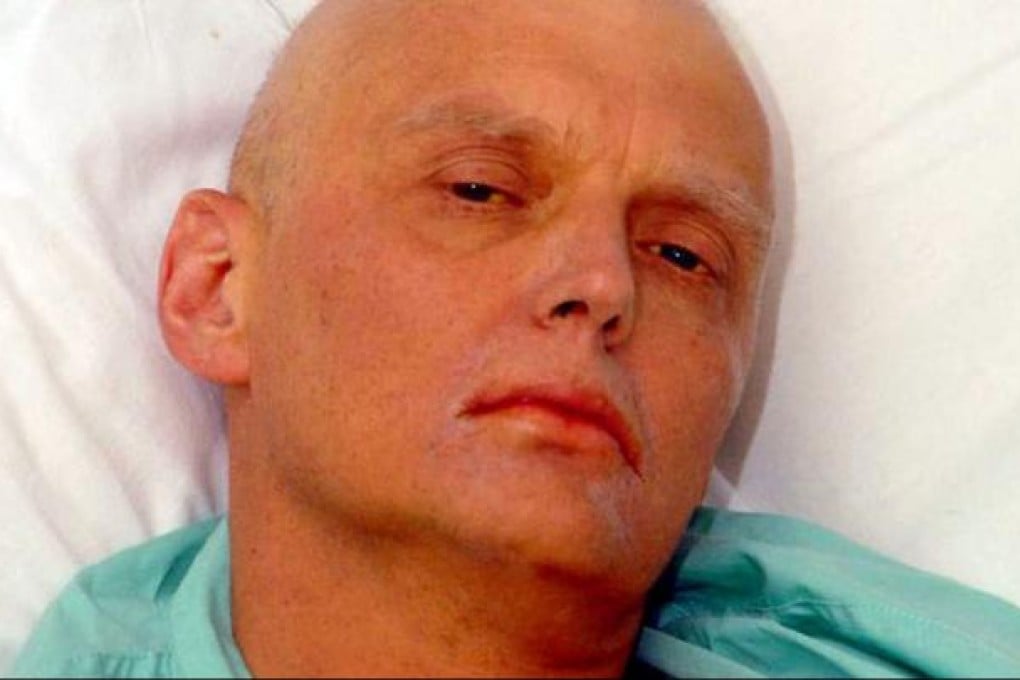Britain plans inquest into death of Russian spy Alexander Litvinenko
Coroner endorses ruling for 'open and fearless' investigation into radiation poisoning in London

Britain and Russia are on a collision course over Alexander Litvinenko's death after a coroner said an inquest would be held early next year and would hear allegations that the spy was murdered by the Russian state.
The coroner, Sir Robert Owen, said he regretted that it had taken so long to hold an inquest into Litvinenko's death nearly six years ago.
"There will be no further delay," he said. "It's manifestly in the interests of his widow, Marina, and his son, Anatoly … of other interested persons and in the wider public interest that [this] is brought to a conclusion."
Russia said it expected the British inquiry would uncover the truth, while insisting that the chief suspect had proved his innocence in a lie-detector test.
"We expect it to give an exhaustive picture of what happened and that it will shed light on all the facts that are needed to reveal the truth," Foreign Ministry spokesman Alexander Lukashevich said in Moscow.
Litvinenko, a dissident and former Russian intelligence officer, died in November 2006 after ingesting polonium-210, a rare radioactive isotope. Britain's Crown Prosecution Service has accused Andrei Lugovoi, a former KGB agent, of putting polonium in Litvinenko's tea during a meeting at London's Millennium Hotel. A second ex-KGB agent, Dmitry Kovtun, was also present at the meeting.
Russia has refused to extradite Lugovoi, who has immunity from prosecution as a lawmaker, for questioning in a row that has seriously strained ties.